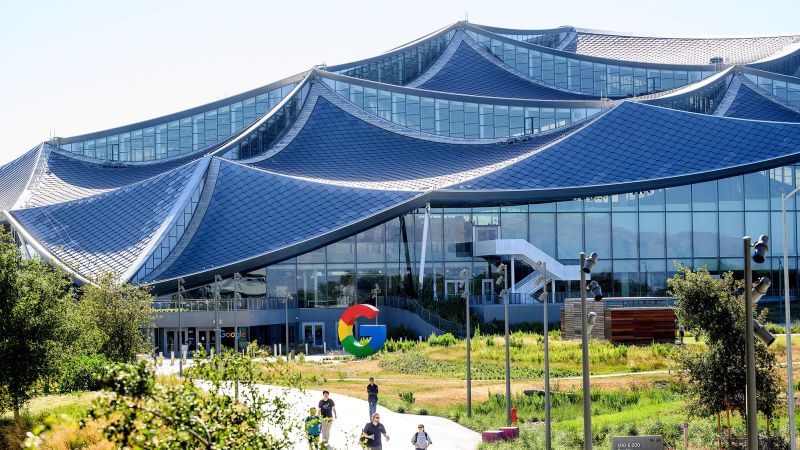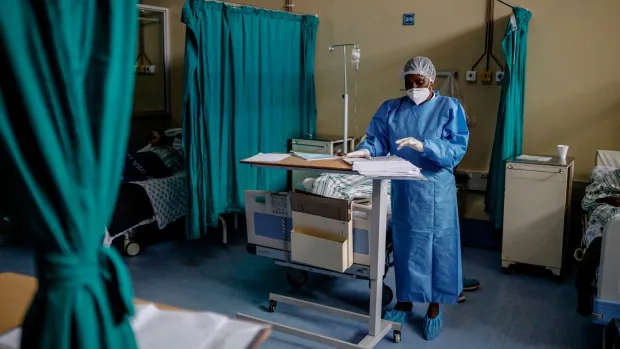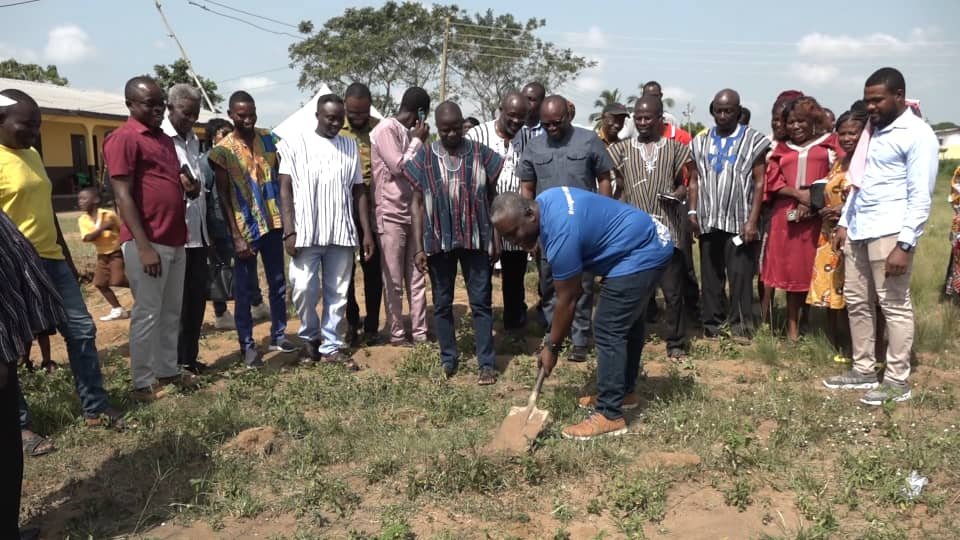The latest:
- Plexiglass can be ‘counterproductive’ to proper COVID-19 ventilation, experts say.
A new coronavirus variant has been detected in South Africa that scientists say is a concern because of its high number of mutations and rapid spread among young people in Gauteng, the country’s most populous province.
South Africa has seen a dramatic rise in new infections this week, Health Minister Joe Phaahla said Thursday during an online briefing, adding that the new variant appears to be driving the spike in cases.
“Over the last four or five days, there has been more of an exponential rise,” he said.
Scientists in South Africa are working to determine what percentage of the new cases have been caused by the new variant, currently identified as B.1.1.529.
It has also been found in Botswana and Hong Kong in travellers from South Africa, Phaahla said.
The WHO’s technical working group is to meet Friday to assess the new variant and may decide whether or not to give it a name from the Greek alphabet.
The coronavirus evolves as it spreads and many new variants, including those with worrying mutations, often just die out. Scientists monitor for possible changes that could be more transmissible or deadly, but sorting out whether new variants will have a public health impact can take time.
After a period of relatively low transmission in which South Africa recorded just over 200 new confirmed cases per day, in the past week, the daily new cases rapidly increased to more than 1,200 on Wednesday. On Thursday, they jumped to 2,465.
The first surge was in Pretoria and the surrounding Tshwane metropolitan area and appeared to be cluster outbreaks from student gatherings at universities in the area, said Phaahla. Amid the rise in cases, scientists studied the genomic sequencing and discovered the new variant.
“This is clearly a variant that we must be very serious about,” said Ravindra Gupta, professor of clinical microbiology at the University of Cambridge. “It has a high number of spike mutations that could affect transmissibility and immune response.”
Gupta said scientists in South Africa need time to determine if the surge in new cases is attributable to the new variant.
“There is a high probability that this is the case,” he said. “South African scientists have done an incredible job of identifying this quickly and bringing it to the world’s attention.”
South African officials had warned that a new resurgence was expected from mid-December to early January and had hoped to prepare for that by getting many more people vaccinated, said Phaahla.
About 41 per cent of South Africa’s adults have been vaccinated and the number of shots being given per day is relatively low, at less than 130,000 — significantly below the government’s target of 300,000 per day.
South Africa, with a population of 60 million, has recorded more than 2.9 million COVID-19 cases, including more than 89,000 deaths.
To date, the delta variant remains by far the most infectious and has crowded out other once-worrying variants including alpha, beta and mu. According to sequences submitted by countries worldwide to the world’s biggest public database, more than 99 per cent are delta.
What’s happening across Canada

What’s happening around the world
As of Thursday morning, more than 259.6 million cases of COVID-19 had been reported worldwide, according to Johns Hopkins University’s COVID-19 tracker. The reported global death toll stood at more than 5.1 million.

In Europe, German Chancellor Angela Merkel spoke of “a very sad day” as her country became the latest to surpass 100,000 deaths from COVID-19 since the pandemic began. Germany is the fifth country in Europe to pass that mark after Russia, the United Kingdom, Italy and France.
In the Americas, mayors across Brazil are divided on whether to maintain end-of-year festivities and February’s Carnival, traditionally celebrated lavishly in all four corners of the vast nation, with some fearing that now-low COVID-19 infection rates could roar back. Rio de Janeiro is moving forward with both New Year’s Eve and its legendary Carnival, but others have opted for a more conservative approach.
In Asia-Pacific, New Zealand will reopen its borders to the world over the coming months, allowing for the return of displaced residents from January and tourists from April. The South Pacific nation imposed harsh border restrictions when the pandemic began, effectively banning tourists and requiring returning residents to spend two weeks in a quarantine hotel run by the military.



















Discussion about this post